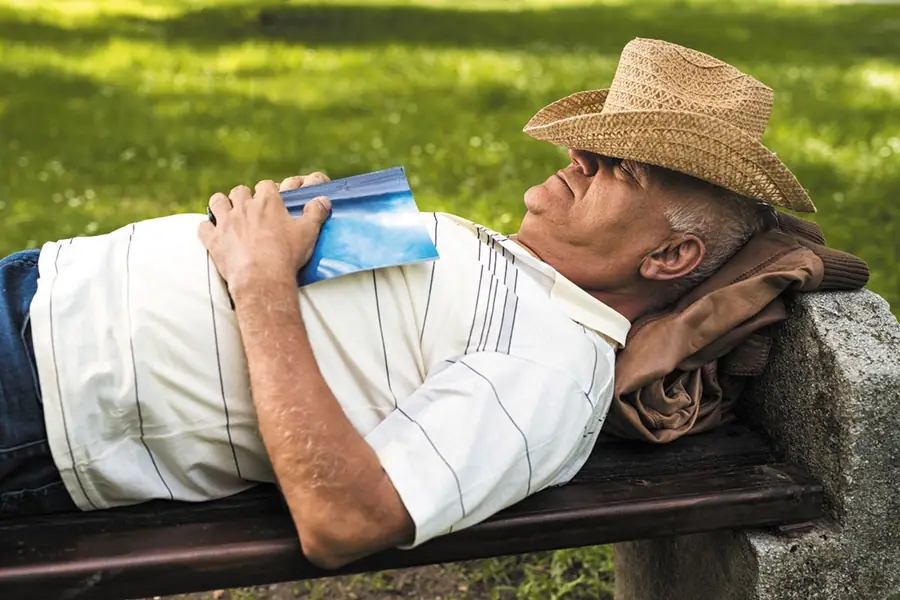A sleep expert has revealed how long you should spend napping during the day, claiming that resting your eyes for only a few minutes can drastically improve memory and reduce fatigue.
After a long and tiring day, all we want to do is jump into bed and shut our eyes for an hour or two, particularly during the winter.
However, taking a nap for longer may not actually be good for us and could indicate underlying health conditions, according to a health researcher. Statistics have shown that one in five adults doze off for 20-30 minutes on a daily basis.
It’s become a regular habit for people to make napping part of their daily routines. But the expert says that we shouldn’t nap to make up for the hours of precious sleep missed during the night.
Dr Michael Gradner, director of the Sleep and Health Research Program at the University of Arizona in Tucson, says: “If you’re napping because you just can’t stay awake, that’s a sign that there’s some underlying health issue. You’re either not getting enough sleep at night or your sleep quality could be very poor.” The NHS recommends that adults should sleep seven or more hours per night regularly to promote optimal health.
However, 15-45 minutes of shut-eye is the perfect amount of time to rest your body, says Michael. “A power nap, between 15 and 45 minutes, can improve memory and reduce fatigue for the rest of the day.” He added that if you’re otherwise well-rested, that kind of nap can “actually boost performance pretty well.”
The expert says you should figure out why you’ve become intent on napping, and whether you need an energy boost.
“If you’re napping because it helps you get through the day, that’s probably a good thing” he continued. If you lose track of time during your short sleep, one way to know if you’ve napped for too long is if you feel groggy afterwards.
According to the British medical journal Heart, there are health benefits to napping once or twice a week. The study found that 48% were less likely to have a cardiovascular event than those who didn’t.
Previous research has shown napping has cognitive benefits, with people who have had a short nap performing better in cognitive tests in the hours afterwards than people who didn’t have a light snooze.
Credit to:- Ayaan Ali (Mirror)



